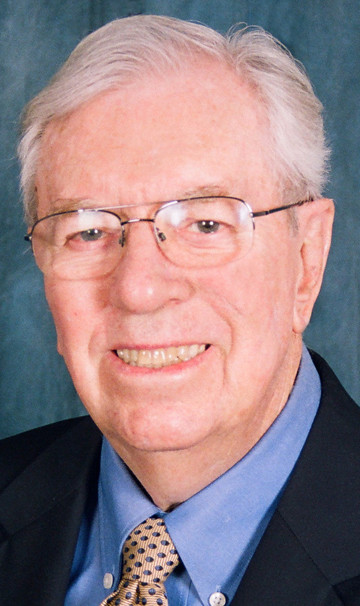Pension reform: Go away and come back another day
On Feb. 22, Gov. Andrew Cuomo said, “There must be pension reform in the budget.” I couldn’t agree more, budget or otherwise, as I wrote in my last column, “Cuomo mandates reform of $140 billion state pension system.”
On one hand, the governor’s remark reinforces his image as a “damn the torpedoes” guy who is trying to undue (in his planning) years of abuse in pension payouts that are no longer sustainable.
On the other hand, what he has suggested is viewed as a threat (or attack) on public sector unions and employees. One reader of an online comment stream wrote, “now the governor wants to mess with my pension. You work hard all of your life expecting some form of security, and guys like this threaten everything.” A second reader agreed, saying that “we have been paying into our pensions, and have taken less pay over the years compared to private sector jobs, because we felt in the long run we would have the security when we need it the most.”
What we’re witnessing is a scenario in which people become emotional for reasons that are easy to discern.
While I’m not unsympathetic to the possible impact of change on individual expectations, the entitlement, salary and security concerns epitomized by the two readers’ comments are essentially flawed arguments. Every nickel earned eventually winds up in future pension payouts that are state constitution guaranteed. The earnings remark hardly holds water with some 308,000 state employees currently paid, on average, $68,380 annually — and that excludes fringe benefits.
It is also important to note that the average government worker is receiving retirement benefits several times more lucrative than his or her counterparts in the private sector. How much higher? The average state and local government worker gets $3.26, most in the form of pension benefits. The average private sector worker receives 99 cents per hour worked.
The governor’s plan is also not an attack on public sector unions who represent 94 percent of all current state employees. Wage concessions have already been built into future budgets with job security contractually secure. One fundamental question needs to be answered: Who has the ultimate responsibility for managing other people’s money, our elected officials through the enactment of effective legislation and control of spending; or, the vested interest group or individuals involved? With elections only eight months away it will be interesting to see how this all sorts out.
Long term planning will require a move away from the current defined benefit model, bringing the value of public sector retirement plans closer into line with those in the private sector. Do you agree?
Reference Sources: 2012-13 NYS Executive Briefing Book and Bureau of Labor Statistics

 43.0°,
Partly Cloudy
43.0°,
Partly Cloudy 




